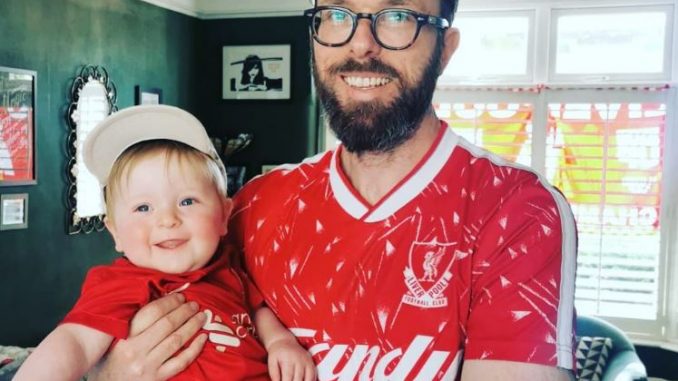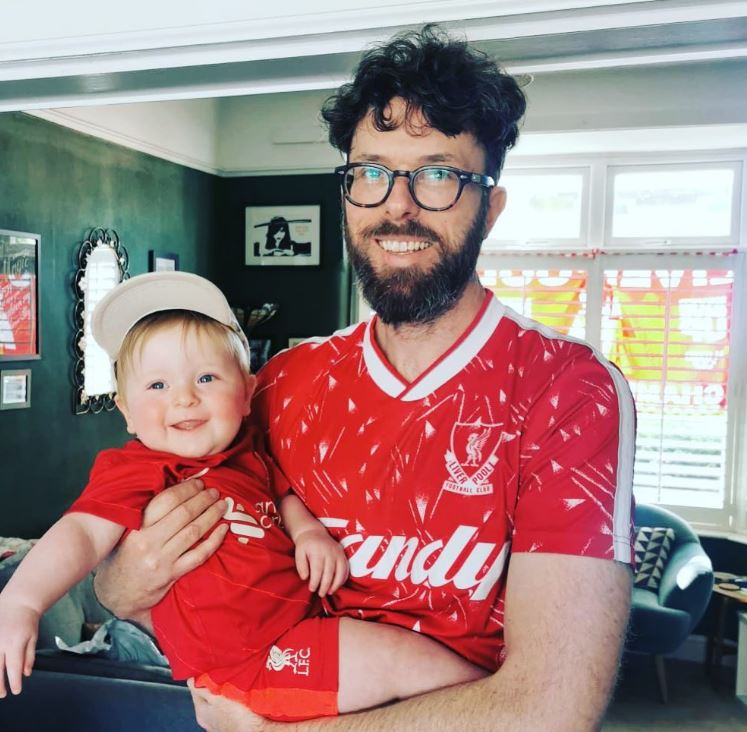
As the busiest script consultant in the UK – I work with new writers to help them find their voice – and sometimes (when my work is heavily in demand) my work on client’s script reports and script coverage is picked up by other professional scriptwriters that I have worked with, (and respect) over my long career in film and TV. One such writer is my good friend Cardy O’Donnell.
Cardy has worked as a scriptwriter for over 20 years on some of the biggest shows in the UK. He has close to 40 broadcast credits as script writer on shows including Coronation Street and Hollyoaks and recently had a feature film made by Reel One Entertainment. He was a storyline writer for ten years and plotted several award winning, high profile stories. Cardy knows the industry inside out and enjoys helping new talent hone their craft. He doesn’t tweet much, but when he does you can find him at @cardyovascular.
In this guest blogpost Cardy’s going to discuss ‘the scriptwriters voice’ – an often heard phrase – but what does it actually mean? Over to you Cardy…
The Scriptwriter’s Voice
‘Voice’. It’s a word that’s used a lot in conversations about scripts and writers. I’ve heard development producers say it’s the most important thing they look for when searching for new talent. Having a voice is the thing that will get a writer noticed, make their work stand out from the ten other scripts the producer has read that day.
But what does it mean? When I took a creative writing course at uni, more years ago than I care to think about, I remember a lecturer reading one of my short stories and telling me, “This piece is all voice.” “Thanks!” I said, walking away feeling like she’d praised me but not really understanding how. Does it refer to dialogue? But there are several different characters in a script, how can ‘voice’ apply to all of them? Isn’t it a bad thing when characters speak with the same voice?
So if it’s not dialogue, is it tone?
Is it sense of humour? Do I have a voice or does my script have a voice? It’s a confusing, general term, and often a producer can’t explain what it means, they’ll just know it when they see it. Russel T Davies has it. Phoebe Whalley-Bridge has it. Aaron Sorkin has it. Jordan Peele has it. David Lynch has it. It doesn’t just apply to ultra-successful writers. Writers on Death In Paradise or The Archers or Coronation Street will have written original scripts, which may never get made, that demonstrate their unique voice – and what they offer that’s different to the other writers on the team.
Unique scriptwriting voice
Now I’ve been writing for a few years and worked as a script reader for hire during my fallow periods, I think I have a grasp of what it means to have a voice and I would concur that having a fresh or unique one is absolutely essential. In the ultra competitive world of screenwriting, it will be the thing that gets your original script optioned for development, or leads to an invite to a writers’ room or place on a writing team on a continuing drama. If you haven’t found your voice, it’s likely your script will end up on the rejection pile or you’ll get longlisted for competitions but never win them.
A scriptwriter’s work
So what actually is a voice? And how do you get one if you haven’t already? For me, a voice is the way a writer tells a story filtered through their unique life experiences, their sense of humour, their politics, their religious beliefs (or lack of), the way they see the world. The voice is the word ‘Blackpool’ running through a stick of rock. It’s the consistent traits or inflections that are present in a writer’s work – whether it be wit, darkness, a surreal imagination, flair for visual storytelling, a gift for creating characters that leap off the page or a knack for shifting tone from comedy to trauma without it jarring.
When I read a script and I feel like it could only have been written by that particular writer, then I feel like that’s someone who has found their voice. A script can be perfectly structured, have all the turning points in the right place, a surprising and moving final act, but if the writer’s voice doesn’t come through, that script won’t stand out. I’ve heard people say that structure can be taught, but voice can’t. If it were true, it would be a depressing notion. However, I don’t believe it is. It’s more the case that, it can’t be taught in a logical or methodical way.
Fined tuned scriptwriting craft
If you’ve found that you’ve fine-tuned your craft, are writing scripts that people think are good but you’re still not getting any breaks, then it might be time to allow yourself time to experiment. Forget everything you’ve learned, turn off your inner editor, forget about trying to come up with the next big zeitgeist hit streaming show, and just let the words flow, your fingers tap the keys without your brain telling them what to do, let your characters speak, let the story go where it wants to go. Don’t worry about whether it’s good or bad. Be kind to yourself. Lean in to your weirdness, your darkest thoughts, most painful emotions, the things that you think are funny (without worrying if anyone else will find them funny), the thoughts you’ve never shared with any other living thing. And once you’ve finished, step away from the words for a period of time – it could be days, it could be weeks or more.
When you eventually read it back, look for the moments that stand out. That feel visceral and raw. That no one else on the planet could have written. And you will have found your voice.
The challenge then is to bring that energy and freedom to your scripts every time you sit down to write. Which is easier said than done, but you can do it.

